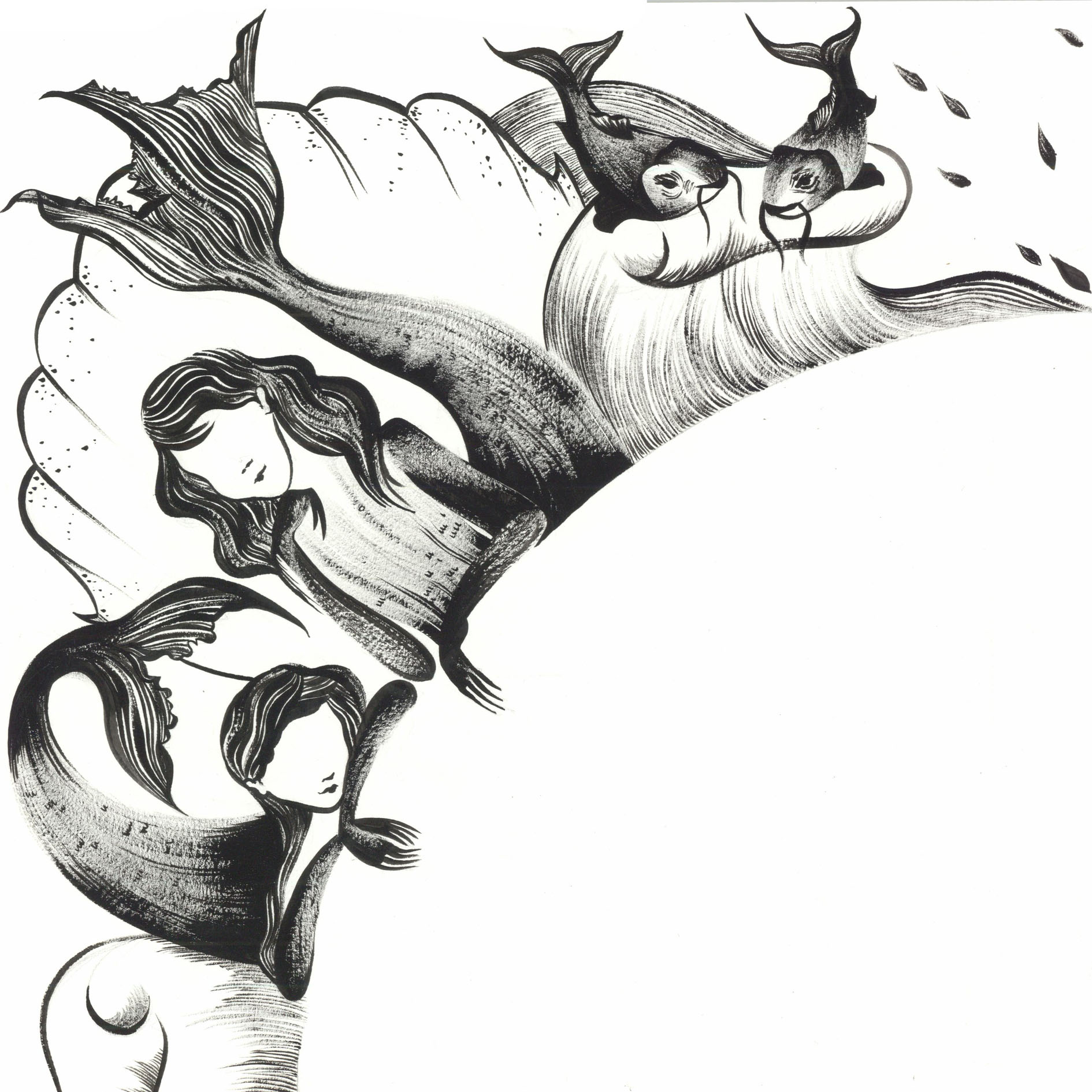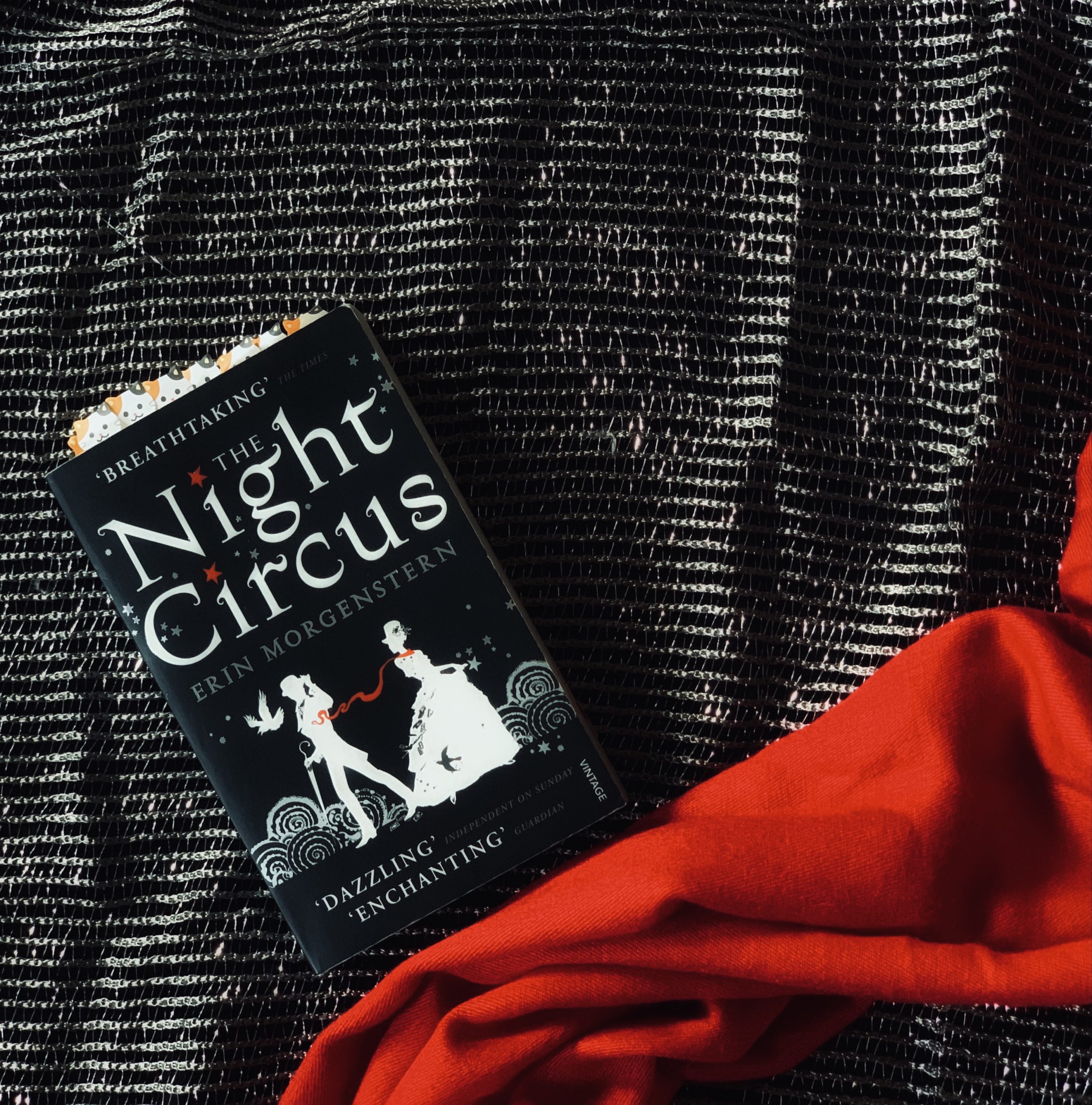- By The Zoya Project
- September 23, 2018
- 0 comments
What does it mean to be a woman? We have been pressed and moulded into what society expects of us so many times that it seems almost inexplicable to know what it means to be a woman. A woman worthy of love. One worthy of respect. What does it take to be the woman who is both ?
Aangan was written by Khadija Mastur in 1962, once the subcontinent had been torn asunder into India and the two Pakistans. I felt such a keen sense of loss when I read this book, having a grandfather who is an Urdu writer, has allowed me to be fluent while speaking the language and so with every word of this English translation I found myself pondering what Urdu words might have been used. I would urge those who are able, to read the original over the English version. The translation while adequate is not as enriching as what I imagine the original Urdu version would be.
Set in the early 1900s and spanning through time up until a few years following Partition, Aangan follows the narrator Aaliyah as she navigates through the journey of life. And as it follows her, it narrates the lives of the women around her in their sacred space – the aangan of their households. Aaliyah’s mother, steeped in the traditional mindset that stiffles her daughters. Her sister, Tehmina who falls desperately in love and is faced with inexplicable pain as she desperately tries to be with the man she loves while trying to stay within the bounds of what is considered proper. Kusum, who’s lot in life is one of sadness, built for love and unable to attain it. With the stories of her aunt who died due to love, following her around all her life, and the deaths of the women around her Aaliyah hardens her heart to affection. And as the story progresses and she finds herself in a love triangle with the over-exuberant Chammi, and the charming yet slightly slimy Jameel, with no end in sight, her infatuations and love threatening to overwhelm her, when she wishes for nothing more than to be in control.
This is the premise of Aangan. The writing flows smoothly. While the passing of time seems abrupt and disconnected, this could be blamed on the fact that it was a translation. Another thought that crossed my mind was that perhaps Mastur herself had aimed for a disjointed effect, to place only the events that shaped Aaliyah’s disdain for the emotion of love (mohabbat) in the forefront. To show the primary events of her life that ruined her outlook on life.
What struck me more than the writing was the emotions that Aangan evoked within me. I adored Chammi, her character was so complex. She was constantly berated for not being educated by the same family who refused to educate her. She loved openly and was shunned for it. Her family, her society tried to break her spirit and were almost successful, and once she gets her happy ending, she is looked at with disdain by readers. Perhaps that is due to the narration being done by Aaliyah, after all it is she who loses the battle to Chammi. She feels victimized by the end of the novel, as if Chammi has one-upped her, and perhaps she has, but to me personally it was well-deserved.
It was a world of men. And perhaps in this way it still might be. The men decided who they loved, and the women were dragged along. Jameel is described as the quiet poet who fell in love with Aaliyah and was constantly rejected. But I saw something else entirely. He was relentless, and I wondered the shame of it all. As a woman, if a man pursued me the way Aaliyah was pursued by Jameel, I would consider it harassment. There was no respect for her consent to his affections within her own sacred space. Within the aangan, where women were not required to keep pardah, because it was a space sacred to them. Whether Aaliyah reciprocated or not was inconsequential, it was the violation of her wishes that struck me. The violation of Chammi’s desires when she was married off. The violation of their Aunt’s reputation in years past which shaped the events for an entire family for years to come, stayed with me.
And perhaps that is the masterpiece of Aangan. It plays on the emotions of women, who feel so greatly, who are confined to the aangan of their homes. It is in this confinement that they earn respect for being proper, for saving virtue and holding the head of their fathers high. And it is in this confinement that they lose it, for lack of exposure and lack of education as displayed by Chammi. It is within this aangan that they find love when they don’t want it and lose it when they do desire it. Who is a woman who is worthy of love and respect? Should the respected, educated woman who scorns love, deserve it simply because she is respected by the men around her. Or does the woman who loves with her heart on her sleeve not deserve it because she is loud and not educated at the same level. Aangan evokes in me that question that all Indian (and Pakistani) women should ask themselves when torn out of schools, or forcefully sat on the mandap/at their nikah. Do love and respect for women not exist on the same plain?
Aangan is a masterpiece. It is a social commentary, a romance, a drama and so heart-wrenching. It’s well worth a read and the time to mull over the strength of all the women it possesses within its pages.
2020 UPDATE : I just found out there’s a Pakistani Drama based on this book, starring Sajal Aly and Ahad Raza Mir… Contemplating a watch…



